YORK, ENGLAND--Anita Radini and a team of scientists examined Neanderthal teeth from Spain’s El Sidrón Cave and found traces of bark trapped in fossilized plaque, or dental calculus, on some of them. According to a report in Live Science, the researchers say the wood, which had not been charred and was nonedible, may have come from the use of toothpicks or wooden tools held in the mouth as a “third hand.” Previous studies of Neanderthal teeth have found grooves that may have been made by toothpicks, and marks on teeth from El Sidrón, found last year, suggest that these Neanderthals used them as tools. For more, go to "Decoding Neanderthal Genetics."
Neanderthals May Have Used Toothpicks
News April 14, 2016
Recommended Articles
Digs & Discoveries September/October 2021
Neanderthal Hearing
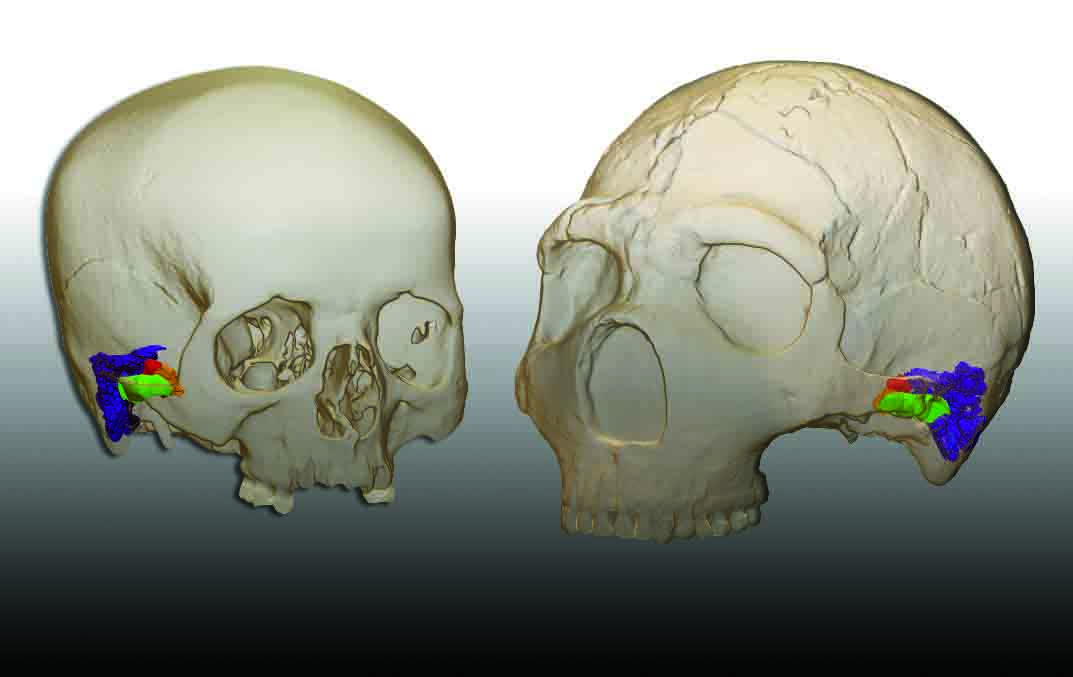
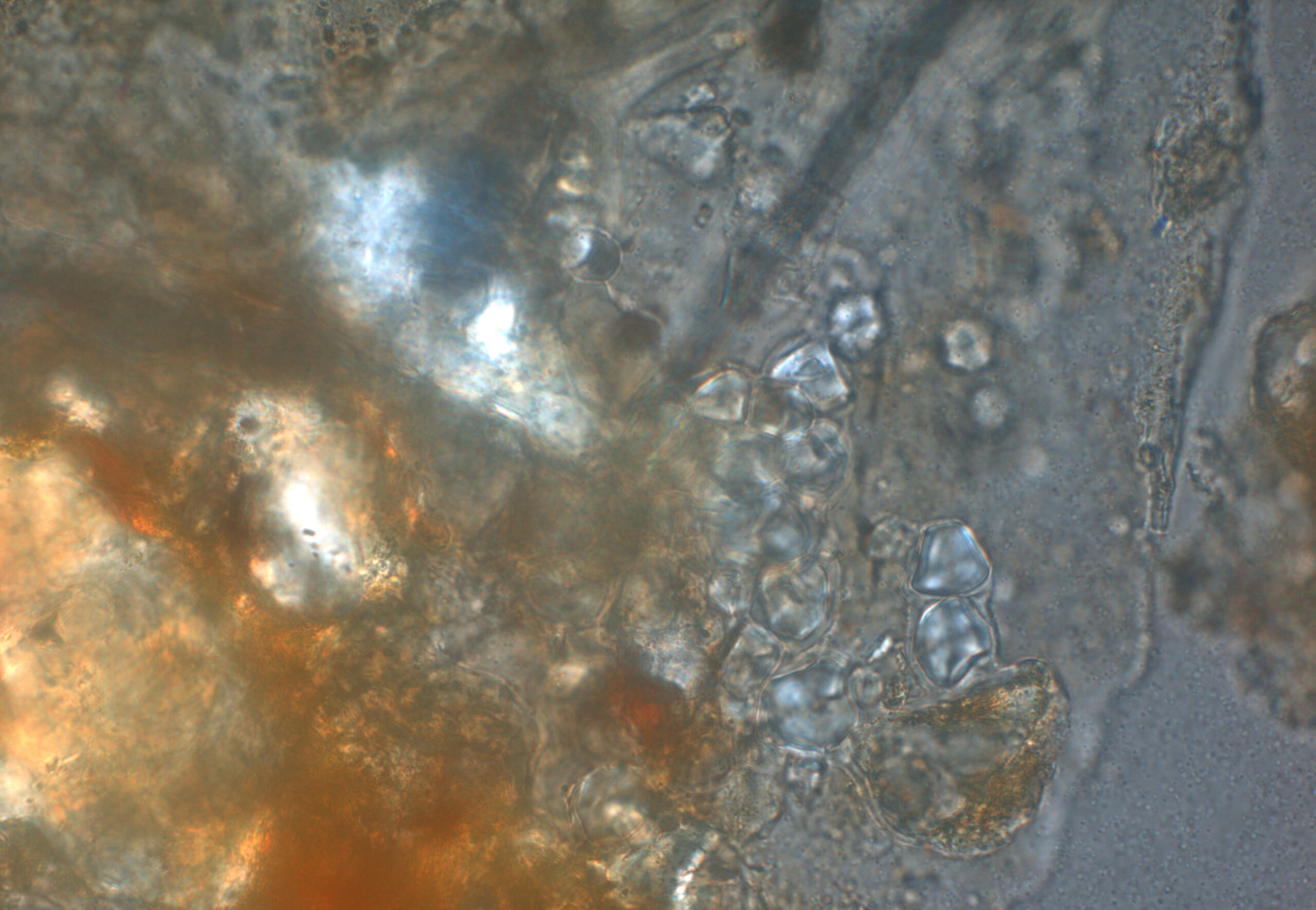
Digs & Discoveries September/October 2012
A Portrait of the Artist as a Young Neanderthal?
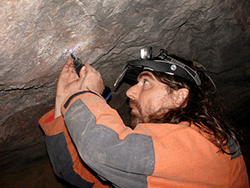
Digs & Discoveries January/February 2026
Full Nesters

-
Features March/April 2016
France’s Roman Heritage
Magnificent wall paintings discovered in present-day Arles speak to a previously unknown history
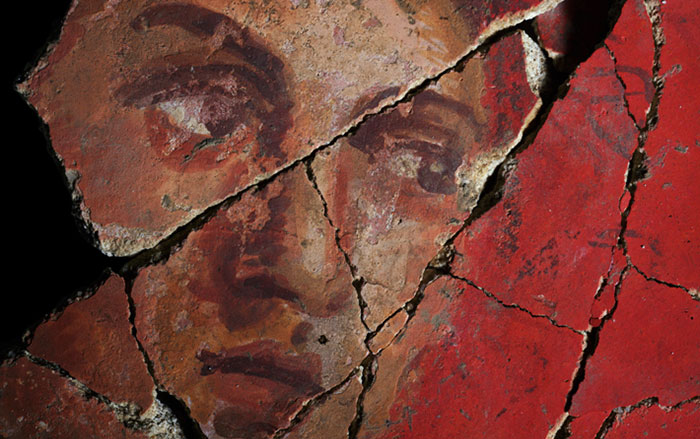 (Copyright Remi Benali INRAP, musée départemental Arles antique)
(Copyright Remi Benali INRAP, musée départemental Arles antique) -
Features March/April 2016
Recovering Hidden Texts
At the world’s oldest monastery, new technology is making long-lost manuscripts available to anyone with an Internet connection
 (Copyright St. Catherine's Monastery)
(Copyright St. Catherine's Monastery) -
Letter from Guatemala March/April 2016
Maya Metropolis
Beneath Guatemala’s modern capital lies the record of the rise and fall of an ancient city
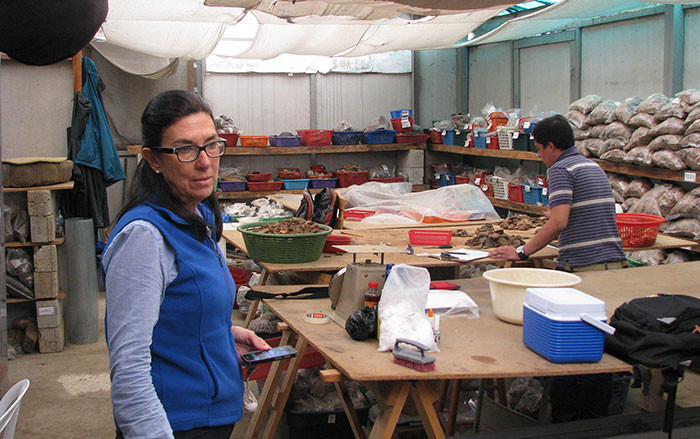 (Roger Atwood)
(Roger Atwood) -
Artifacts March/April 2016
Egyptian Ostracon
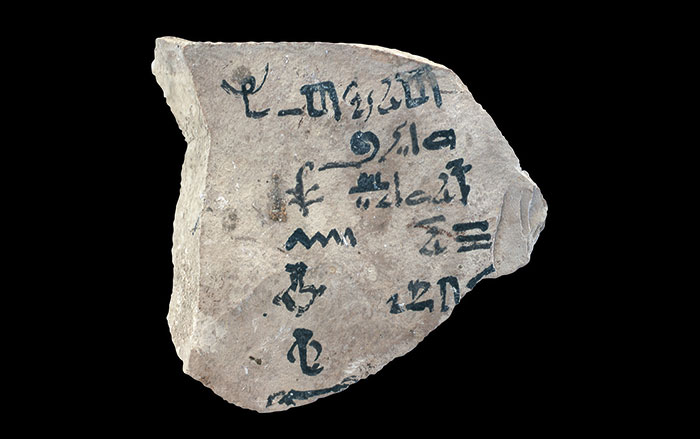 (Courtesy Nigel Strudwick/Cambridge Theban Mission)
(Courtesy Nigel Strudwick/Cambridge Theban Mission)


